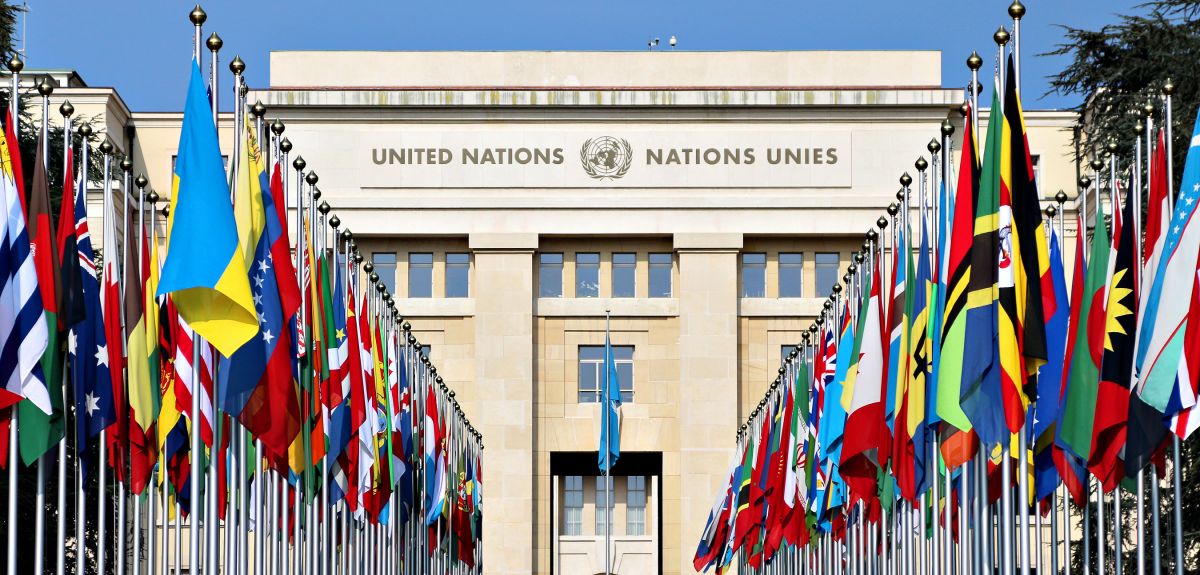
Image credit: Shutterstock
New evidence proves the work of UN agencies is effective
Academics led by Professor Lucie Cluver at Oxford University have shown how key services in lower and middle-income countries can contribute to multiple sustainable development goals (SDGs), even for the highest-risk children and adolescents.
The study, led by Oxford University in collaboration with the universities of Cape Town and Witwatersrand, University College London and the United Nations Development Programme (UNDP), is the first to test the UN’s concept of ‘accelerators’: provisions that can improve the lives of vulnerable populations in not only one SDG area, but many. It finds clear evidence for these, even among an exceptionally high-risk group, adolescents living with HIV in South Africa. It goes further to find that simple combinations of accelerators – such as parenting support, cash transfers and safe schools – provide even greater impacts.
Professor Cluver, Professor of Child and Family Social Work in Oxford’s Department of Social Policy and Intervention, said: 'This new evidence is a step forward in reaching the Sustainable Development Goals. Even for one of Africa’s most vulnerable groups – adolescents living with HIV and AIDS – the right combinations of programmes can help. By providing social welfare grants, safe schools and supportive parenting for these highest-risk teens, we can make substantial positive impacts across health, education, gender equality and violence prevention. We are delighted to be working with UNDP, UNICEF and other agencies to use these new findings in their work with governments across Africa.'
The paper produced by this study, 'Improving lives by accelerating progress towards the sustainable development goals for adolescents living with HIV: a prospective analysis', is published in The Lancet Child & Adolescent Health. It is published as part of a special issue on adolescent health to coincide with the International Paediatric Association Congress. It is the first from a new series of Global Challenges Research Fund Hubs – a major investment by the UK government launched earlier this month by UK Research and Innovation. The Accelerating Achievement in Africa's Adolescents Hub is a partnership between African and UK universities, and international agencies such as UNDP, WHO and UNICEF.
 New study finds that ChatGPT amplifies global inequalities
New study finds that ChatGPT amplifies global inequalities
 Expert Comment: Chatbot-driven sexual abuse? The Grok case is just the tip of the iceberg
Expert Comment: Chatbot-driven sexual abuse? The Grok case is just the tip of the iceberg